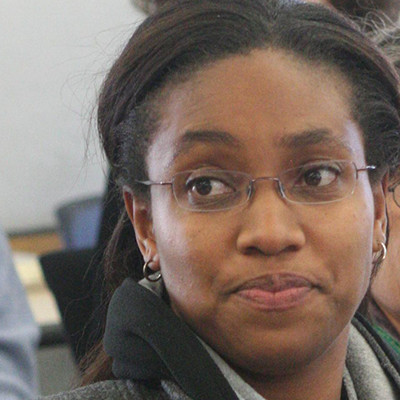
Associate Professor, Department of Comparative Human Development, University of Chicago
Dissertation title: The Effects of Neighborhoods: Residential Mobility and Long-Term Child Outcomes
Dissertation Chair: Greg J. Duncan
Committee: Greg J. Duncan, Kathryin J. Edin, James E. Rosenbaum
In addition to being an assistant professor in the Department of Comparative Human Development, Micere Keels is also a faculty affiliate with the Center for the Study of Race, Politics and Culture at the University of Chicago.
Keels examines children’s developmental environments and how they relate to their developmental outcomes. Her research interests range from race and ethnicity to poverty and inequality.
Her research centers on understanding children's development in the context of demographics, family and neighborhood. Her current research investigates how urban children perceive their neighborhood, peer, school and family environments. She is also seeking to understand how parents' understanding of child development impacts their interactions and their children’s school readiness.
Looking at family context, she researches how poverty, ethnicity and culture are linked with the early development environments that children experience. In her dissertation research, she investigated the context of neighborhoods in relation to low-income minority children’s developmental experiences. She studies how housing mobility programs to address poverty affect outcomes for children.
In demographic research, Keels looks into implications of the gender imbalance in college-educated adults.
Micere Keels received her doctoral degree in Human Development and Social Policy at Northwestern in 2006.
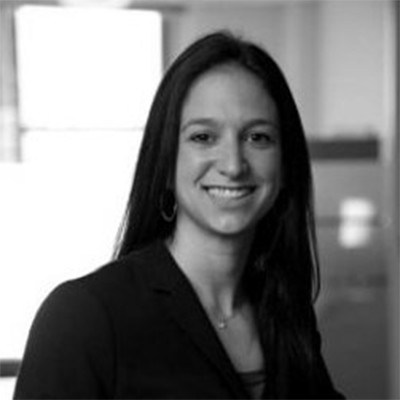
Research Associate, MDRC and Co-Founder & Director, Education at Classroom Champions
Dissertation title: Examining Teacher Development: An Analysis of Policy, Practice and School Leadership
Dissertation Chair: James P. Spillane
Committee: Penelope L. Peterson, David N. Figlio
When I applied to graduate school, I was teaching at a high-need school in Brooklyn and felt passionate about finding a program that would allow me to explore the kinds of education policy issues that affected urban students, teachers and schools. I looked at many traditional education policy programs, but was intrigued by HDSP's multidisciplinary approach. Although I had some concerns that the HDSP's breadth might prevent me from focusing my work on education, I quickly realized that its multidisciplinary nature instead informed how I approached my work, and it never hindered my ability to focus on education.
Throughout the program, I had substantial opportunities to explore the education topics that interested me the most. My education courses and in-depth project work with my adviser, Jim Spillane, allowed me to engage in deep qualitative and quantitative work focused on urban education. I spent time conducting research in local schools and worked with both national and district education datasets. At the same time, attending classes and engaging in discussions with HDSP professors and students with varied backgrounds and interests contributed to my growth as a graduate student. Interacting with other students who were interested in various aspects of development and social policy helped me learn how to communicate about my research with a broad audience and think about how my work fit more broadly into the various contexts than impact students, teachers, and schools. Having experience collaborating and communicating across the different traditional disciplines represented within HDSP was also incredibly valuable as I searched for policy jobs after grad school.
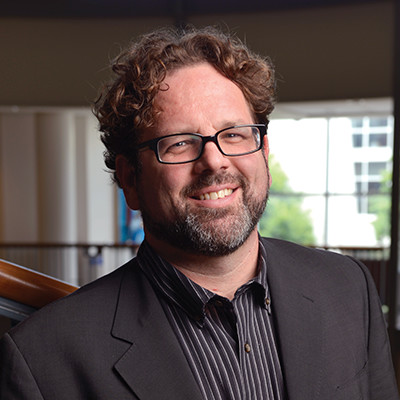
Professor School of Criminal Justice at Rutgers University-Newark
Dissertation Title: Redeeming One's Self : How Reformed Ex-Offenders Make Sense of Their Lives.
Dissertation Co-chair: Dan Lewis, Dan McAdams
Committee: Pamela Adelmann
Today, my particular area of interest and expertise is in criminology and, specifically, issues around prisoner rehabilitation and reintegration. I had essentially the same interests written on my application to graduate school 20 years ago. I did not, however, want to pursue a PhD in criminal justice, and indeed have never had a single class on prisons or rehabilitation (although I have taught a few dozen of them now).
I applied to HDSP precisely because I did not want to narrow the focus of my education to a single research area or methodological perspective. I wanted to learn. I was therefore very pleased with the broad and fascinating array of courses I was able to take on everything from adolescent development to quasi-experimentation to urban politics to a special seminar focusing on the work of Marx, Gramsci and Foucault.
I found the HDSP curriculum to be hugely flexible. Not only was I welcomed in classes across several disciplines at Northwestern, but I was also able to register for a sociology course on Crime and the Life Course taught at the University of Chicago by Robert Sampson.
Even within the HDSP core courses, of course, one could specialize. I had a research-based placement in St. Leonard's Halfway House as part of Dan Lewis's course on fieldwork methodology that gave me a real sense of direction with my research. I was able to focus my essays in every class on the research areas of interest to me, and I have no regret at all about this multidisciplinary grounding. It is, in my view, the future of graduate-level education.
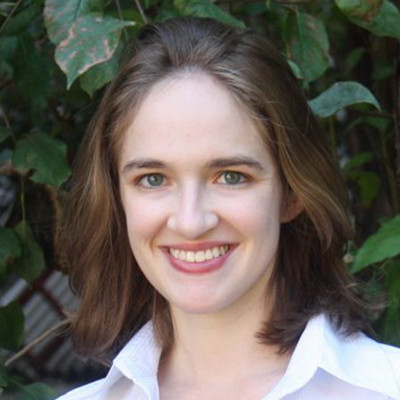
Assistant Professor of Education Policy, University of California, Davis
Dissertation title: Voucher Policies and the Responses of Three Actors: Parents, Private Schools and Public Schools
Dissertation Chair: David N. Figlio
Committee: Greg John Duncan, Larry Vernon Hedges, Thomas D. Cook
I knew that I wanted to specialize in economics of education when I was applying to graduate school. One of the things that gave me pause about HDSP was the concern that its multidisciplinary approach would leave me a little light on the quantitative skills I would need to be competitive for jobs in quantitative analysis of social policies. Ultimately, however, while the program delivered the breadth of knowledge that I'd expected, it also allowed me to gain a level of focus in quantitative approaches to education policy analysis that far exceeded my expectations when I entered the program.
One of the advantages of HDSP's multidisciplinary is that the faculty have strong contacts in other departments that students can leverage to build on the expertise in Northwestern's traditional departments. So I was able to take classes from the econometrics and labor economics sequences in the economics PhD program, psychometrics in the psychology department, and event history analysis in the sociology department, as well as advanced quantitative methods classes like Hierarchical Linear Modeling in HDSP. This left me feeling comfortable in a wide range of quantitative methods, and I have really appreciated having such a broad toolkit as I have launched my own program of research.
Even more important for me was the opportunity to work closely with my adviser, David Figlio, a highly respected economist of education. Collaborating on research projects that really made use of the advanced methods that I'd learned about in classes was tremendously helpful in building my quantitative skill set, and I was able to make several presentations at professional organizations that helped improve my visibility and establish my quantitative bona fides in ways that paid off for me on the job market. And the program HDSP offers in economics of education is actually even stronger now than it was when I was taking classes, with the addition of new faculty members in recent years.
If I were advising a prospective student interested in quantitative approaches to social policy analysis on where to apply to graduate school, I truly could not steer them to a program where I think that they would get a better preparation than at HDSP. And the remarkable thing about the breadth of the faculty is that I know that HDSP alumni who specialized in topics as diverse as developmental psychology, organizational analysis, qualitative methods, and the intersection of social experiences and biology could just as honestly say the same things about their respective fields.
Jennifer Stephan
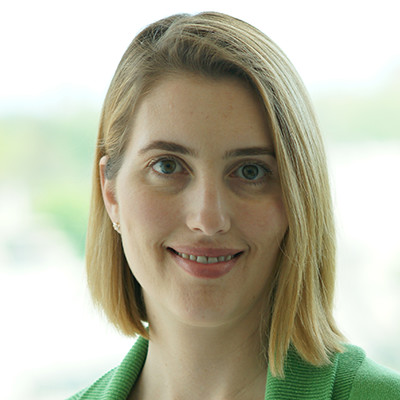
Researcher, American Institutes for Research
Dissertation title: Closing College Enrollment Gaps: Whether and How High Schools Can Help
Dissertation Chair: James Edward Rosenbaum
Committee: David N. Figlio, James P. Spillane
I arrived at the HDSP program with a general goal to become an education researcher at a research institution, but I was unsure of how to construct a specific path to achieve my goal or the area in which I wanted to specialize. I believe that the greatest strength of the HDSP program is the opportunity to work closely with the highly accomplished faculty. I refined my research interests and gained invaluable hands-on experience through my work with Jim Rosenbaum, my adviser. I had the opportunity to explore additional perspectives on my area of interest, college access and success, in classes.
In my current job, I work with policymakers, practitioners and program developers to understand and ultimately improve the success of students in postsecondary education. My job requires methodological and content expertise, and I believe that I am stronger in both respects from attending a multidisciplinary program.
Prior to attending Northwestern, I received a master's degree in economics. I gained important skills and knowledge in my economics graduate program, but in HDSP I learned about other important methodologies, for example those related to measurement and hierarchical modeling. Similarly, HDSP provided me multiple theoretical frameworks with which to examine issues related to college success, including those from developmental psychology and sociology in addition to the economic framework with which I was already familiar.
My HDSP training allows me to communicate with colleagues and clients from a variety of backgrounds and to draw on a variety of frameworks and methodologies to help improve educational opportunities for all students.
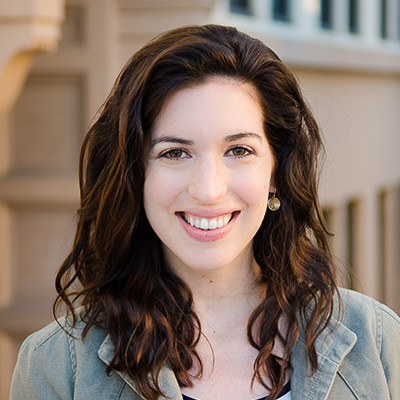
Assistant Professor of Psychology Fordham University
Dissertation title: A Window of Opportunity: Positivity, Stress and Physical Health in Adolescence
Dissertation Chair: Emma Adam
Committee: Lindsay Chase-Lansdale and James Spillane
I came into graduate school with a wide range of interests from child development to social disparities to stress biology. The HDSP program not only gave me the opportunity to study each of these areas individually, but I also learned how to weave ideas together to form a strong and unique research identity. With the guidance and support of my advisers, Emma Adam and Lindsay Chase-Lansdale, I identified my niche early in the program, and they helped me to design a graduate school experience distinctively suited to my interests and future goals. For example, I chose course work in psychology, statistics and biological anthropology to complement my core curriculum and joined the Institute for Policy Research (IPR). Not surprisingly, HDSP faculty and students are very well represented at IPR, an action-oriented group dedicated to conducting policy-relevant research to address current social issues.
Despite different backgrounds and future directions, all HDSP students benefit from the great multidisciplinary methods course work, which includes quantitative classes in econometrics and statistics as well as field methods and ethnography. Not only did this training give me the confidence to read literature and converse with scholars across fields, but it also provided me with an open-mindedness and flexibility about how to approach my own research questions. Additionally, beyond the classroom, I worked closely with HDSP faculty learning such diverse methods as collecting and analyzing biological markers of stress hormones, coding qualitative diary entries and conducting secondary data analysis on a nationally representative dataset (all represented in my dissertation).
As a HDSP student, you can get the specific skills and training to identify yourself as an expert in a particular disciplinary field (e.g., developmental psychology, economics of education, social policy); however, you will also have the advantage of calling yourself a multidisciplinary scholar. The most exciting and nuanced ideas often fall at the intersection of traditional academic disciplines, and HDSP offers the ideal setting for you to make these connections and become a trailblazer.





